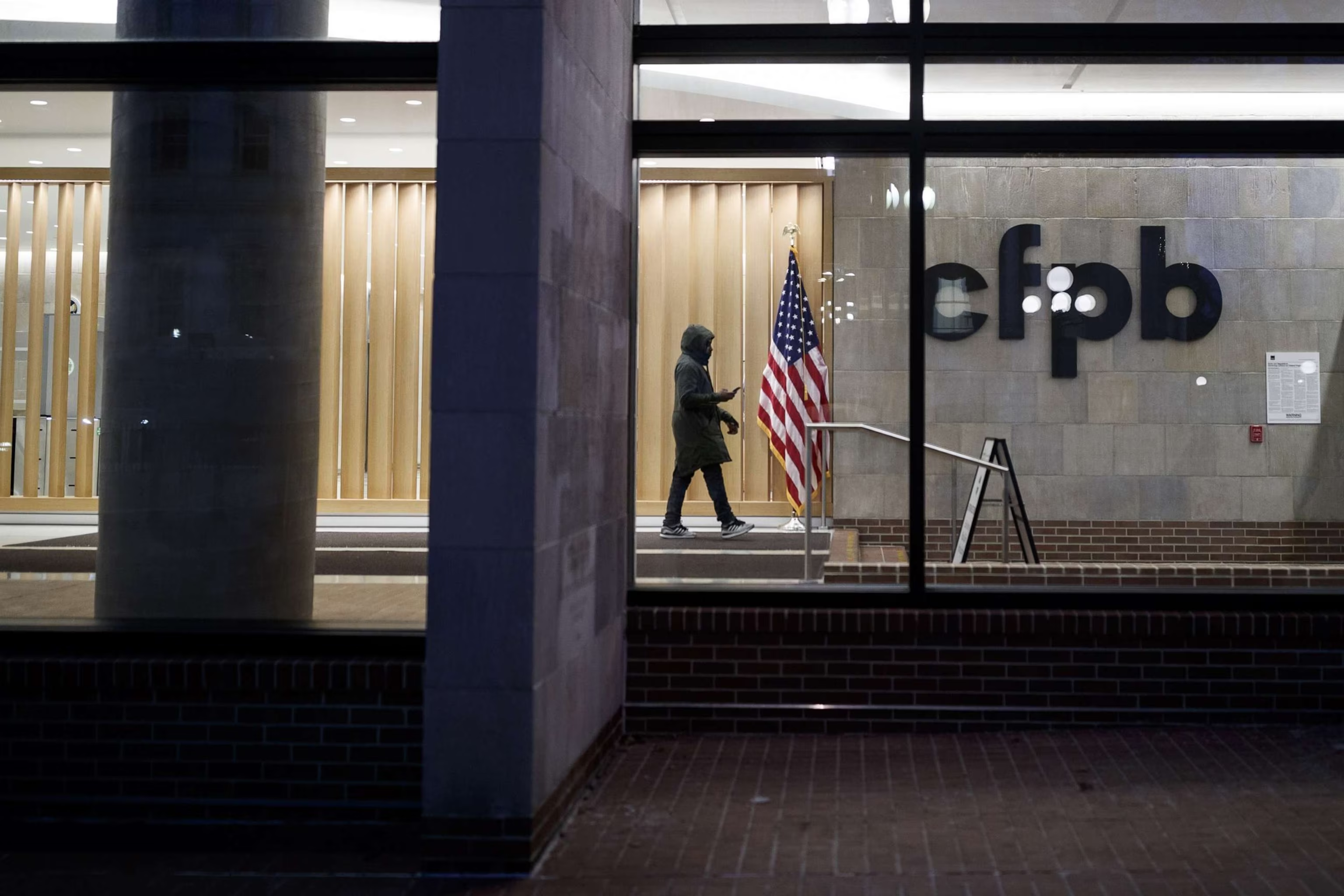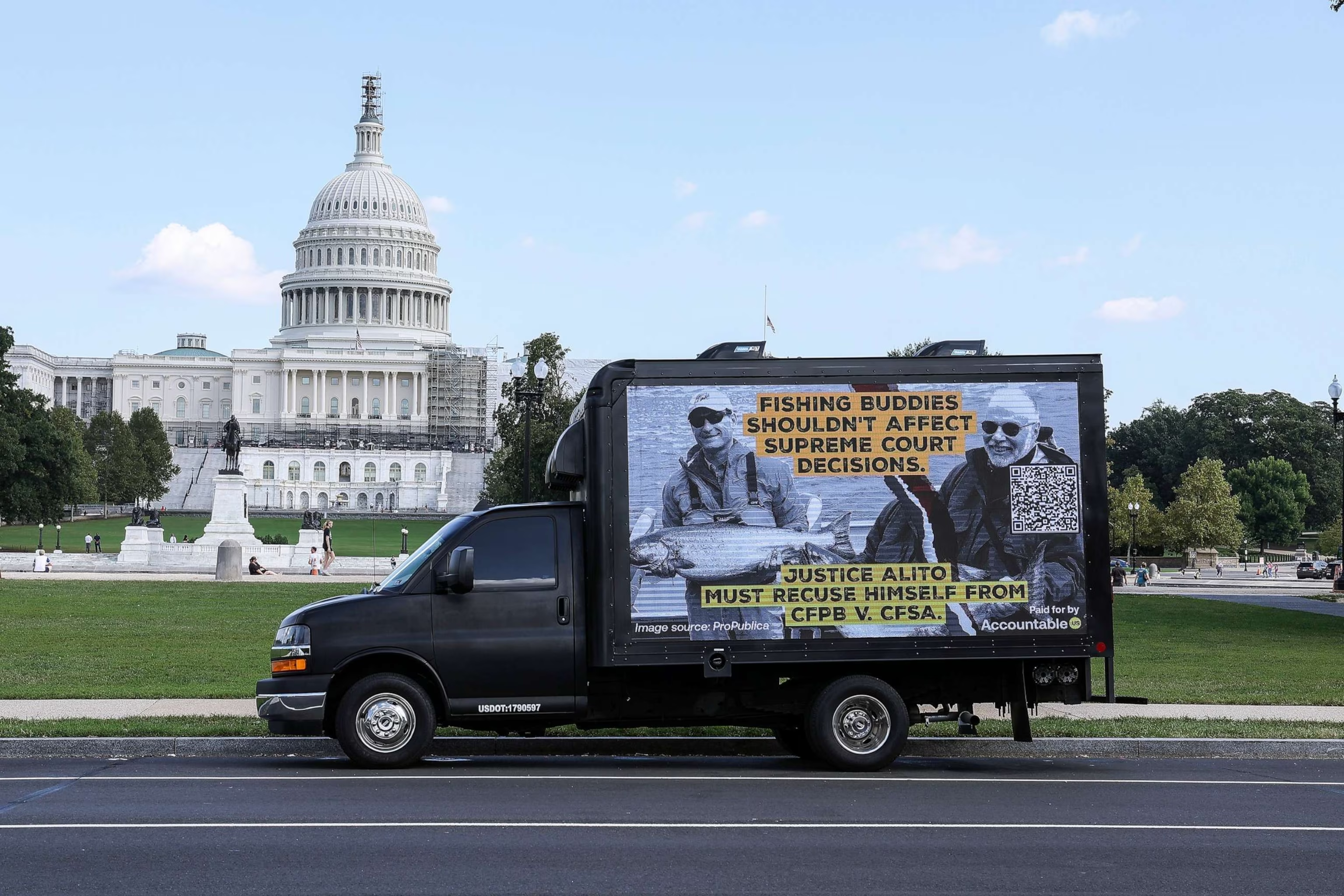Supreme Court hears challenge to Consumer Financial Protection Bureau
The government agency created after the 2008 financial crisis to protect Americans from predatory and deceptive businesses practices is on the line Tuesday at the Supreme Court.
The justices is hearing an existential challenge to the Consumer Financial Protection Bureau, the independent watchdog and banking regulator, in a case that could impact anyone who has a mortgage, loan or credit card.
A group of payday loan companies regulated by the CFPB allege that the way the agency is funded -- not by annual appropriations from Congress but by the Federal Reserve -- is unconstitutional.
MORE: Supreme Court gives president more control over Consumer Financial Protection Bureau

They want the court to invalidate everything the CFPB has done since its inception because of the allegedly illegal arrangement.
The Biden administration agrees that the Constitution gives only Congress the power of the purse, but insist that Congress itself created the CFPB the way that it did -- including the funding arrangement, which was meant to insulate it from politics.

Consumer advocates and some financial analysis say rewinding years of CFPB regulations would upend the economy and erase important protections from which average Americans have benefited.
The agency says it has won $17.5 billion in restitution from corporate wrongdoing and helped cancel debts for 200 million people.
MORE: Divided Supreme Court debates constitutionality of Consumer Financial Protection Bureau
If the court were to deem the CFPB finding structure unconstitutional, it could have a wider impact: the Federal Reserve, Federal Deposit Insurance Corporation, U.S. Mint, Social Security Administration and other agencies are similarly designed.
Oral arguments began Tuesday morning; a decision is expected next spring.
Disclaimer: The copyright of this article belongs to the original author. Reposting this article is solely for the purpose of information dissemination and does not constitute any investment advice. If there is any infringement, please contact us immediately. We will make corrections or deletions as necessary. Thank you.





